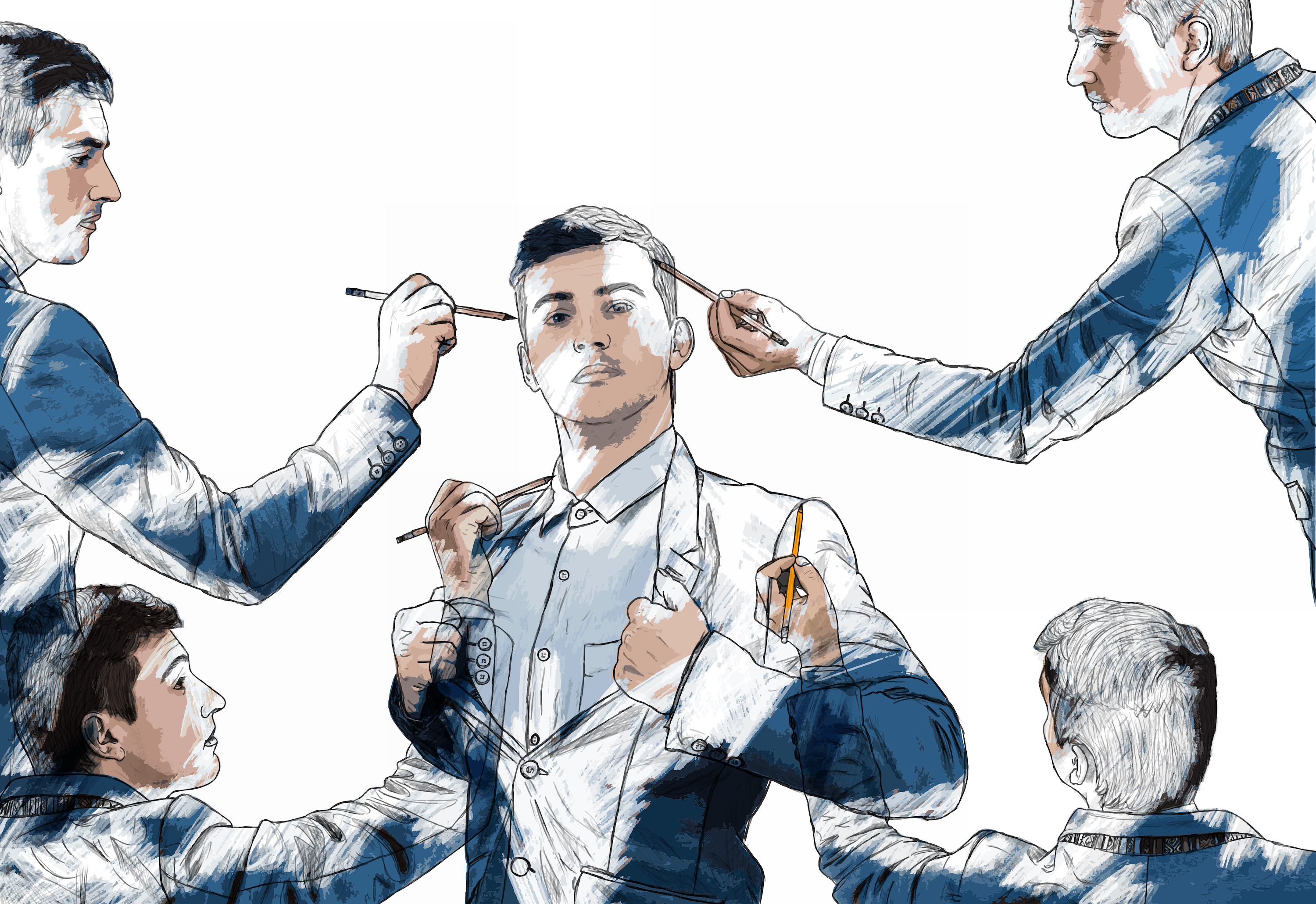Book Review: Mary Ziegler’s ‘Abortion and the Law in America’
If you want to understand our politics of abortion, you must read Mary Ziegler’s recent book, “Abortion and the Law in America: Roe v. Wade to the Present.”

If you want to understand our politics of abortion, you must read Mary Ziegler’s recent book, “Abortion and the Law in America: Roe v. Wade to the Present.”

The Journal of Philosophy of Disability (JPD) is a new journal devoted to the philosophical study of disability.

Taking on Derek Parfit, student fellow James Toomey argues ways that in some cases personhood will be indeterminate.

There is a lot of fascinating research about the brain coming out of Stanford University, with some exciting, cutting-edge work being done there. Early last month I reported on the findings made by neuroscientists at Stanford in understanding how mental rehearsal prepares our minds for real-world action. Today, I’ll outline the recent advances made by…
An important questions in Islam, recurrent across time and space, is whether Islamic political theory recognizes rights claims against the state as distinct from rights claims against other members of the community. This continues to be an important subject today, intersecting the fields of law, religion, and moral philosophy. The classical tradition is divided on…
Much of what we fear about artificial intelligence comes down to our underlying values and perception about life itself, as well as the place of the human in that life. The New Yorker cover last week was a telling example of the kind of dystopic societies we claim we wish to avoid. I say “claim”…
The philosopher in me understands that there are universal principles in logic, mathematics, and in basic scientific tenets such as the law of gravity. Be that as it may, the historian in me recognizes that we inherit epistemologies and ways of thinking from those before us, and from our own historical and cultural contexts. Certain…
By Yusuf Lenfest There is no lack of controversy when talking about religion and medicine in America today. Medicine is studied, practiced, and firmly rooted in the corporal world while religion draws inspiration from texts, traditions, and the incorporeal. Yet from an historical perspective, religious pasts do shape the present, particularly in the realm of…
Are you interested in foreign aid, global development, medicine? Want to know how philanthropy and charitable giving can do the most good? Aid Works (On Average) – By Toby Ord Tuesday, March 26th; Emerson Hall 108; 8 PM There is considerable controversy about whether foreign aid helps poor countries, with several prominent critics arguing that it doesn’t. Dr. Ord shows that…
Please join the HMS Division of Medical Ethics and Program in Ethics and Health for… “Strings Attached: Untangling the Ethics of Incentives” Ruth W. Grant, PhD Professor of Political Science and Philosophy, Duke University Thursday, February 28, 2013 12:00 – 1:15 PM HMS Division of Medical Ethics 1st Floor Conference Room 641 Huntington Avenue, Boston…